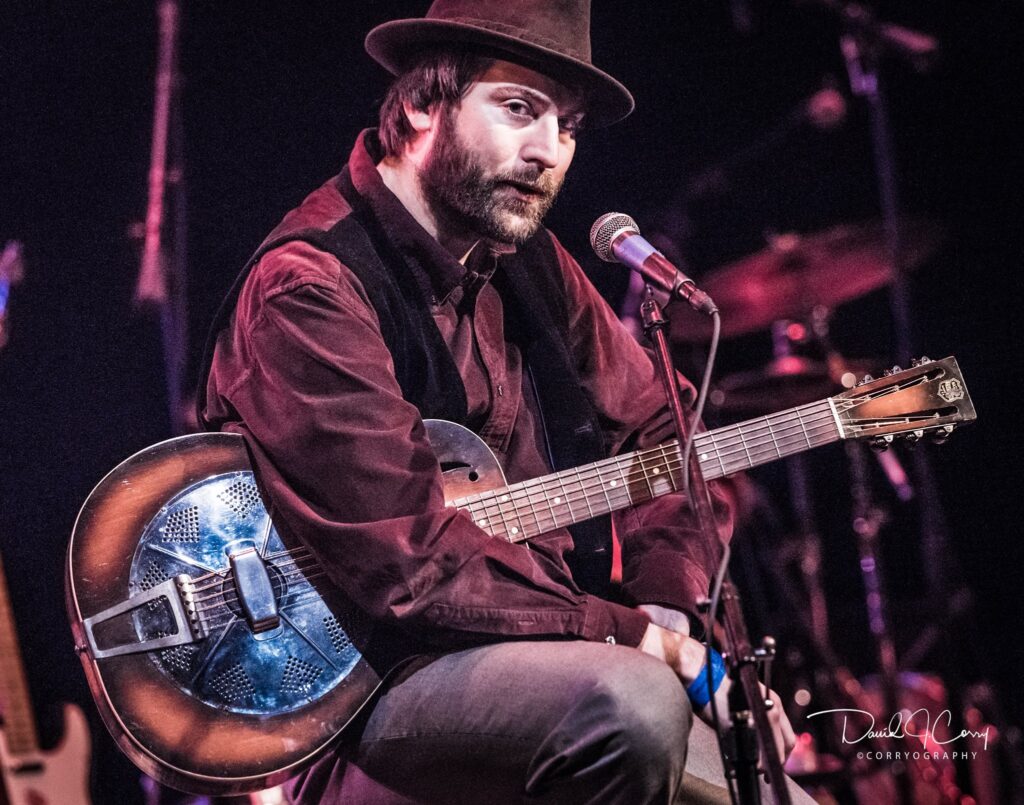Guitar | Joe Seamons | All Levels | Period 2 | Week 3 (July 20-25, 2025)
Participants will learn the hidden and erased histories of legendary American musical figures whose songs, lives and activism were intertwined. Exploring a new figure each day, we will listen to and discuss the lessons their stories and songs contain for addressing racism, invisible bias, and systemic oppression in our own lives. Rooted in the recognition that everyone has a unique heritage and perspective, these class discussions will be rooted in the values of racial equity, compassion, and listening to understand one another rather than signal our own virtue.
About the Instructor
Joe Seamons is a musician and educator based in Seattle and dedicated to helping people connect with their heritage through music and storytelling. As co-founder of The Rhapsody Project, he builds communities that serve and center young people while establishing cultural equity. Alongside non-profit partners Totem Star and Red Eagle Soaring, Joe helped establish The Station Space, a new youth arts hub. As part of the leadership team of Black & Tan Hall, Joe has worked since 2016 to establish the Black-led, multi-cultural cooperative that now stewards a 3,000 square foot performance venue in South Seattle.
Born and raised in Columbia County, Oregon, Joe interprets the songs and stories of the local sawmill, logging, and fishing ballads composed by the elder working people and folklorists who helped raise him. Many of these songs are included on his 2016 album, Timberbound. In the same vein, Joe directed and served as executive producer for a Smithsonian Folkways album entitled, “Roll, Columbia: Woody Guthrie’s 26 Northwest Songs.”
Joe’s work to interpret, document, and reflect upon the ethos of Northwest folk songs and stories—post-colonization—continues regularly on The Rhapsody Project’s blog.
Through his mother’s side of the family, Joe is a descendant of the Aurora Colony, making him a fifth-generation Oregonian. His surname is the legacy of a family of English farmers who lived since (at least) the 1490’s the small community of Weedon, an old English name meaning, “pagan shrine on a hill.” Through his music, teaching, and writing, Joe is on a mission to address and transform the legacy of colonization that led to so many conditions of his existence.
In his multi-instrumental duo with fellow songster, Ben Hunter, Joe has toured internationally and been recognized by the Ethnic Heritage Council for excellence in ethnic performance and significant contributions to the development and presentation of the traditional cultural arts in the Pacific Northwest.
Learn more about Joe at www.joebanjo.net

